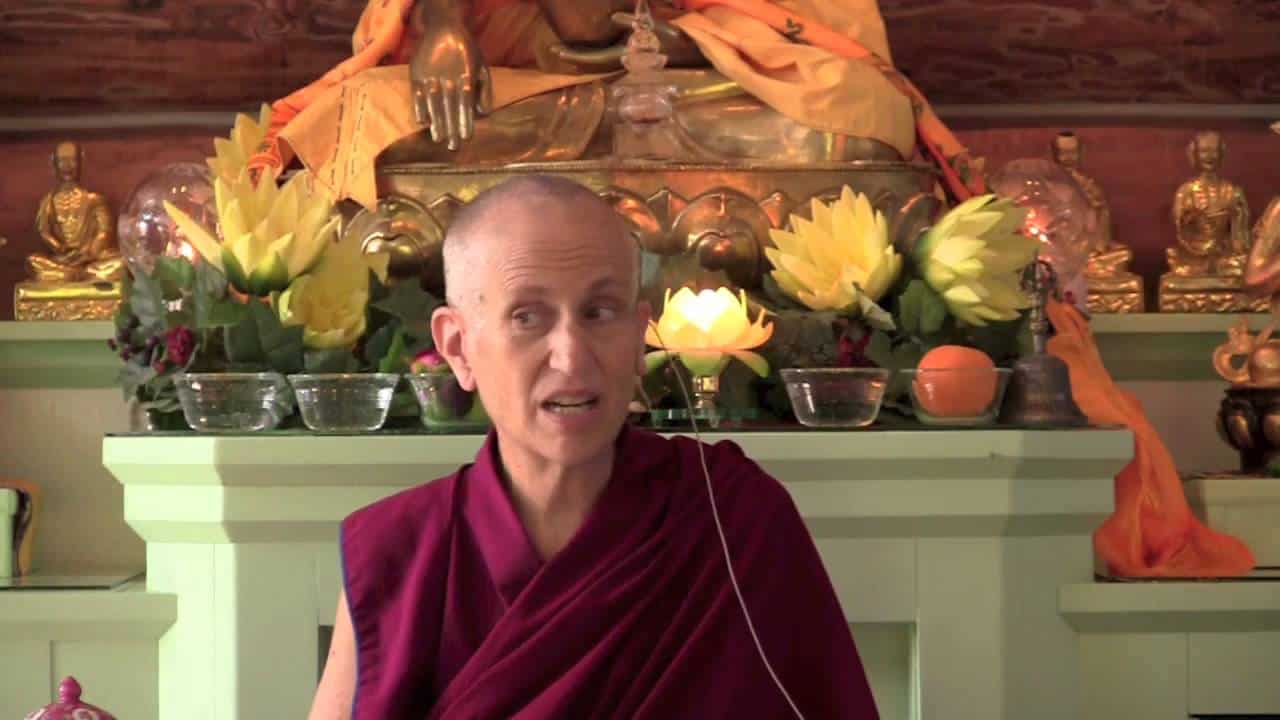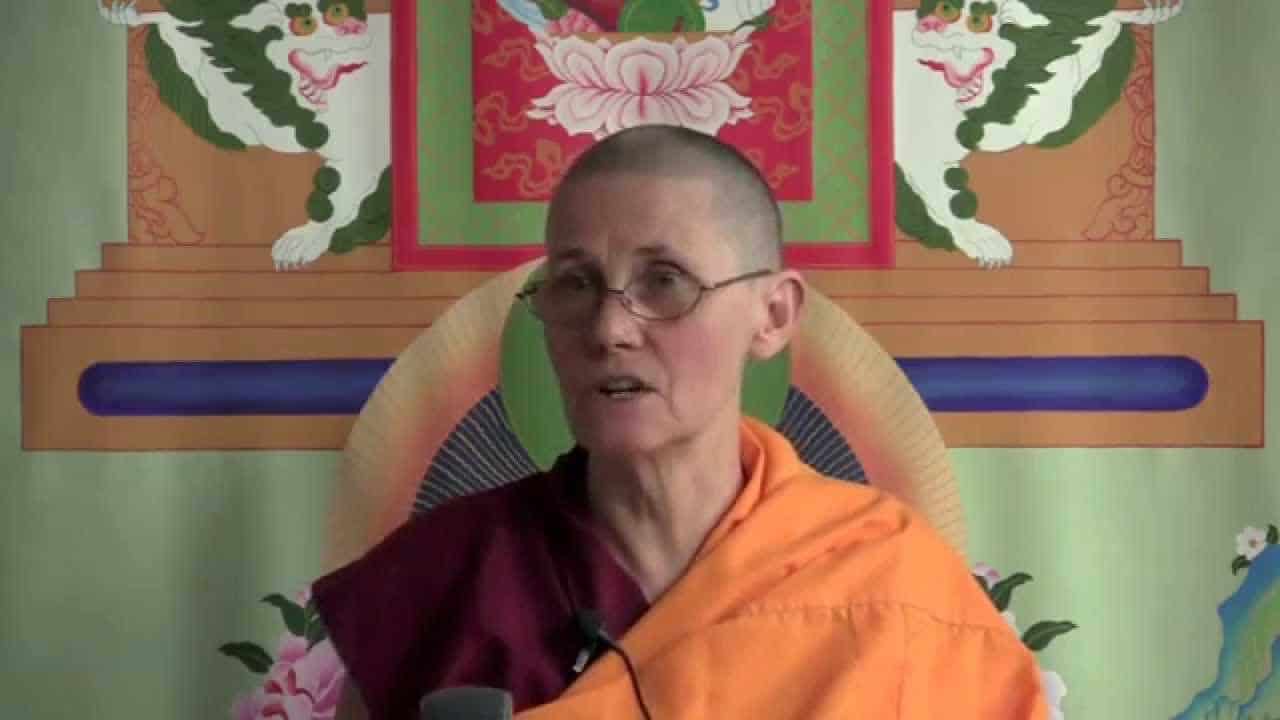Making a real difference

A student reflects on the nature of samsara, and realizes that it is not fixable.
Midsummer, on vacation with my husband visiting family, I found myself in one of the presidential museums. As I walked through exhibit after exhibit and read about the problems the president resolved and the crises he averted, it struck me … years later, although many of the names and faces are different, the suffering is exactly the same: poverty, hunger, genocide, racial discrimination, war, greed, disease … I was horrified at this realization. How can the world not be any different? How can there be no less suffering?
It finally occurred to me that it’s because the human realm is in samsara. Not only is life in this realm never going to work out, not only is it not going to get better, it can’t. Suffering is, in fact, the nature of samsara.
So what was I supposed to do with this understanding—that even the most powerful and influential of humans can’t bring about lasting change; that before long any alleviation of suffering here just crops up over there; that samsara is not fixable? How do I work for the benefit of sentient beings if it doesn’t make a difference?
Since that day in the museum, I’ve been examining this, bringing it into both my meditation sessions and purification practice. A number of things have become very clear to me as a result:
- Fixing samsara isn’t the point, which is great because it’s obviously not working anyway. The task before me isn’t to change samsara, but to facilitate change in the minds of the beings bound by it. Each and every moment is an opportunity to benefit sentient beings, to alleviate their suffering. Granted, I may lessen suffering here and it just crops up over there, but karma is not lost. It does make a difference. I may not be able to create lasting peace in the human realm, but I can facilitate a transformation in the minds of the sentient beings (including my own) that exist in it. Benefiting sentient beings is more than just alleviating temporal suffering; it’s about leading beings out of it.
- The human realm is less a “place” than it is a “result.” Somehow, despite all the teachings, I still had the thought that if we create the causes for it, human life on planet Earth could get better, thus it’s important to benefit sentient beings and make the world a “better place.” I mean, if I create lots of merit and have a human rebirth, surely it will be better than it is now, right? But now I see how naive that is. That’s not really how it works, is it?Beings born in this realm are experiencing a result within samsara, taking this particular body and mind under the influence of ignorance, afflictions, and polluted karma. The human realm is not some “place” that I need to make better. If I want to make a real difference, I have to help others create the causes for an entirely different result; one that doesn’t include any of the realms within samsara.
- The only way to make a real difference is to become a Buddha. The bottom line is that with the constraints of this human body and mind, my abilities are seriously limited. I can only do so much, because while I’m still in samsara, I’m continuing to be part of the problem. Truly, the most valuable thing I can do to create lasting change in the lives of sentient beings is to attain awakening. It’s this wish that must consume my every thought and drive my every action.
Not that I hadn’t heard these teachings before, but I was shocked when I investigated and reasoned these things for myself—this really IS true! The human realm, like the other realms of samsara, is suffering. The power of even the most influential of humans is limited, and although it is essential to benefit sentient beings by alleviating the sufferings of this life, the fact of the matter is that samsara is never going to work out. It can’t. That’s just not its nature. But rather than feeling despondent, this truth has given me a deep and meaningful purpose; a direction. Samsara itself cannot change. For as long as it exists, it will be in the nature of suffering, but the minds of sentient beings can and will. That leaves me with an incredible and meaningful job to do; an opportunity to make a real and lasting difference!
Heather Mack Duchscher
Heather Mack Duchscher has been studying Buddhism since 2007. She first started following Venerable Chodron's teachings in January 2012 and began attending retreats at Sravasti Abbey in 2013.


